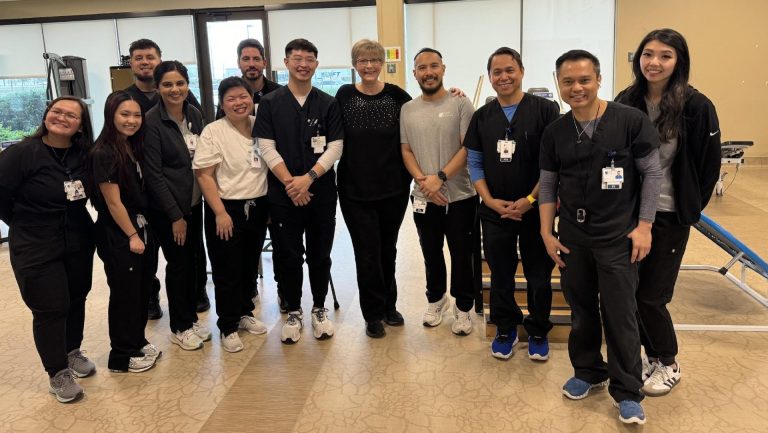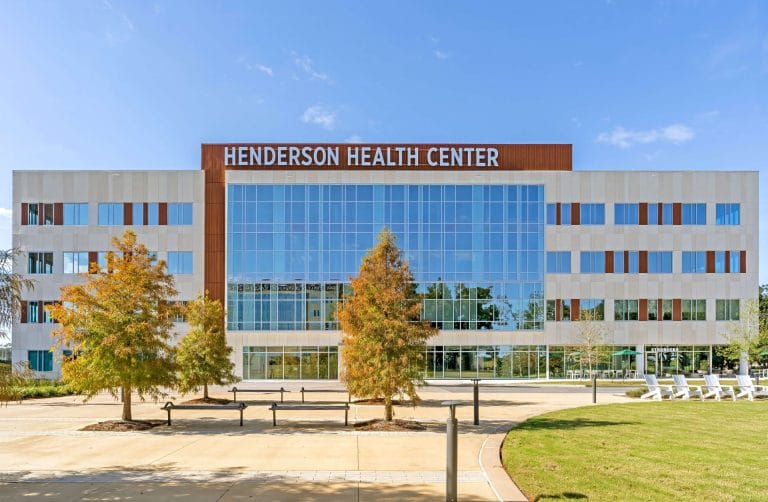Inpatient
Spinal Cord Injury Rehab
For those who need more intensive care, inpatient rehab may be the best option. This form of rehabilitation focuses on working with patients over a shorter period to maximize their physical recovery.
The goal is to help you return home being as independent and productive as possible.









